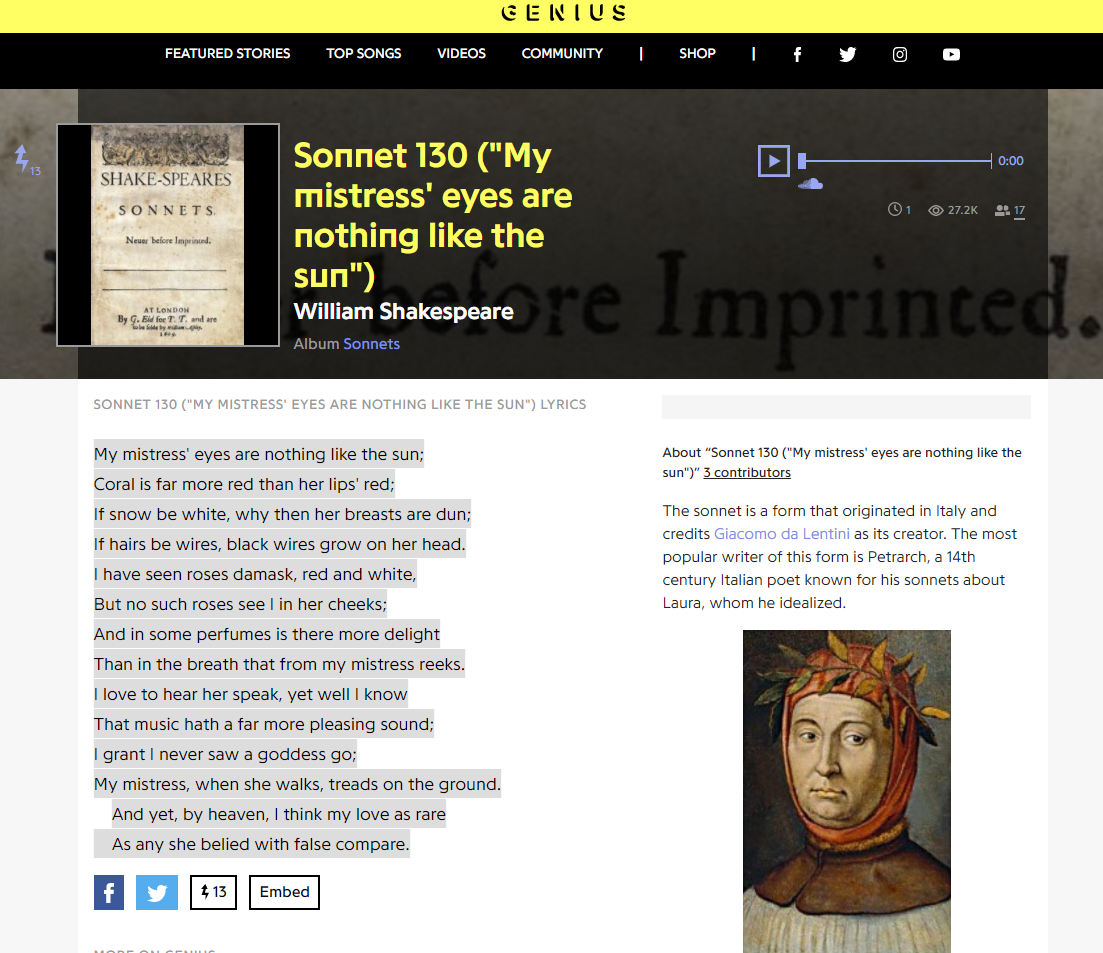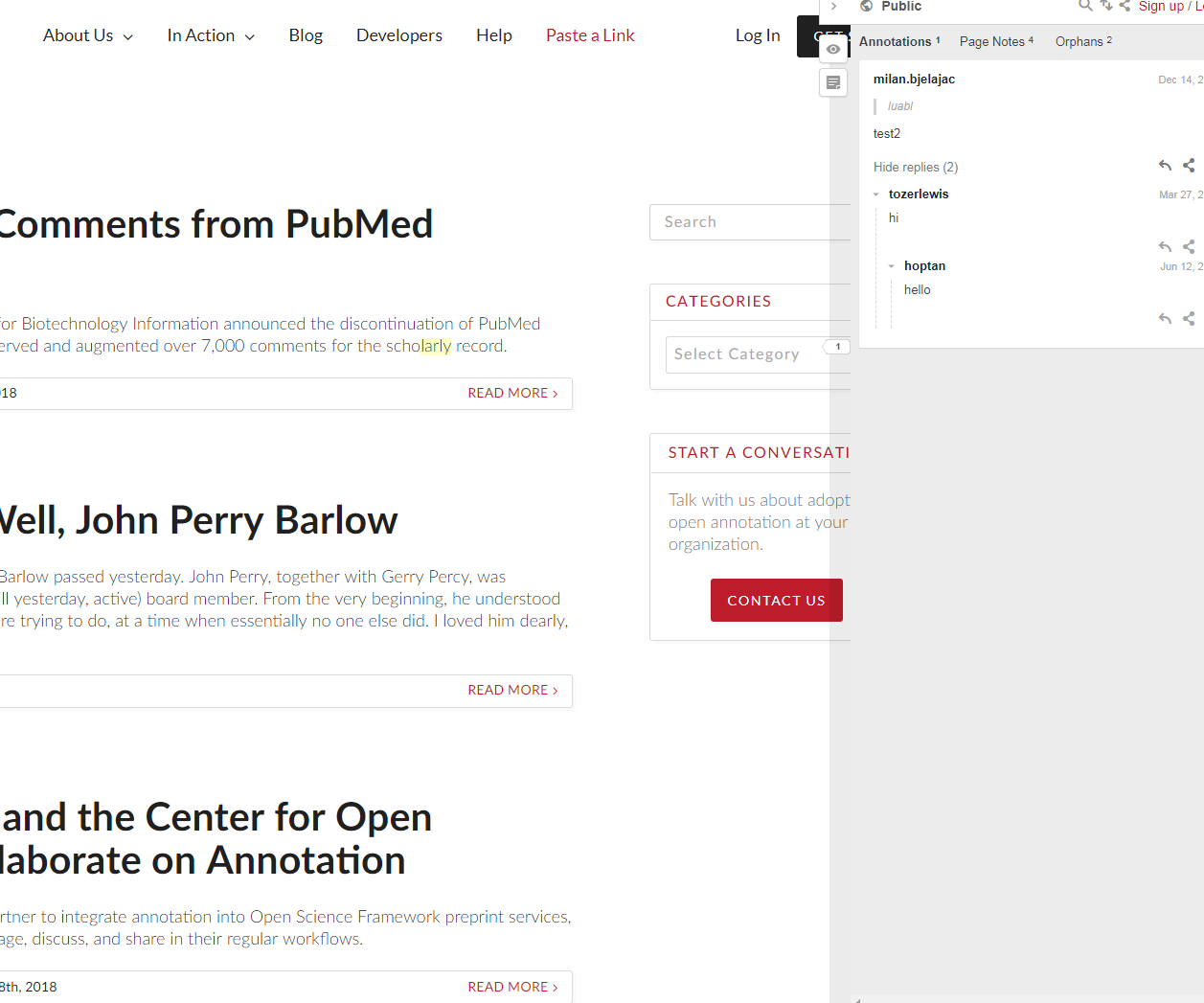Social Editions and Crowdsourcing
or
Ask not what the social edition can do for you
Tiago Sousa Garcia
tiago.sousa-garcia@newcastle.ac.uk
@tiagosousagarci
Collaboration
Crowdsourcing
Social Edition
Social Edition
textual interpretation and interrelation are almost wholly created and managed by a community of users participating in collective and collaborative knowledge building using social technologies
(Siemens et al. 2012)
- Web 2.0 paradigm
- All users are editors
- Responsibilities are shared equally
Crowdsourcing
crowdsourcing, in particular the form applied in the Humanities, is not an invention of the age of the Internet: the name may well be, but the concept is definitely not.
(Pierazzo 2015)
- 'Drudge work' done by volunteers
- Researchers review, correct and approve contributions
- Editors maintain complete control
Collaboration
The key word is collaboration
(Robinson 2010)
- Most print editions are collaborative
- Nearly all scholarly digital editions are collaborative
- All social editions are collaborative, but not all collaborative editions are social
Collaboration
Social Edition
Crowdsourcing
Why do a social edition / crowdsourcing?
Theoretical approach to editing
Community engagement
Transparency
Potentially time- and money-saving
And why not?
Quality of contributions by volunteers
Protecting the authority of the edition
Even the simpler tasks are arguably specialized
Potentially time- and money-wasting
Social Edition
Verse miscellany
Created with wikibooks
Freely edited by anyone
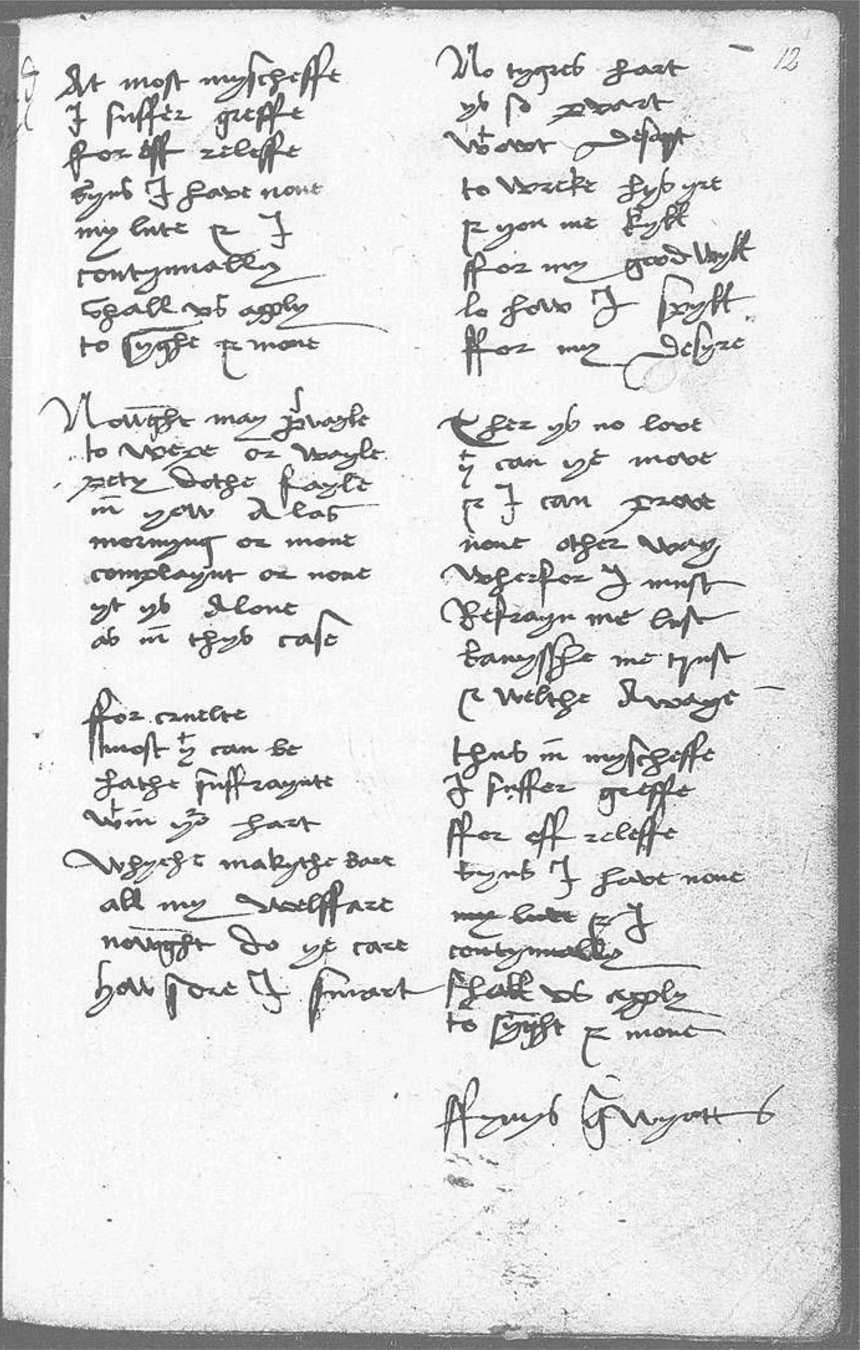
Social Edition
Translation of 10th century Byzantine Encyclopedia
Controlled community
Different levels of editorial access
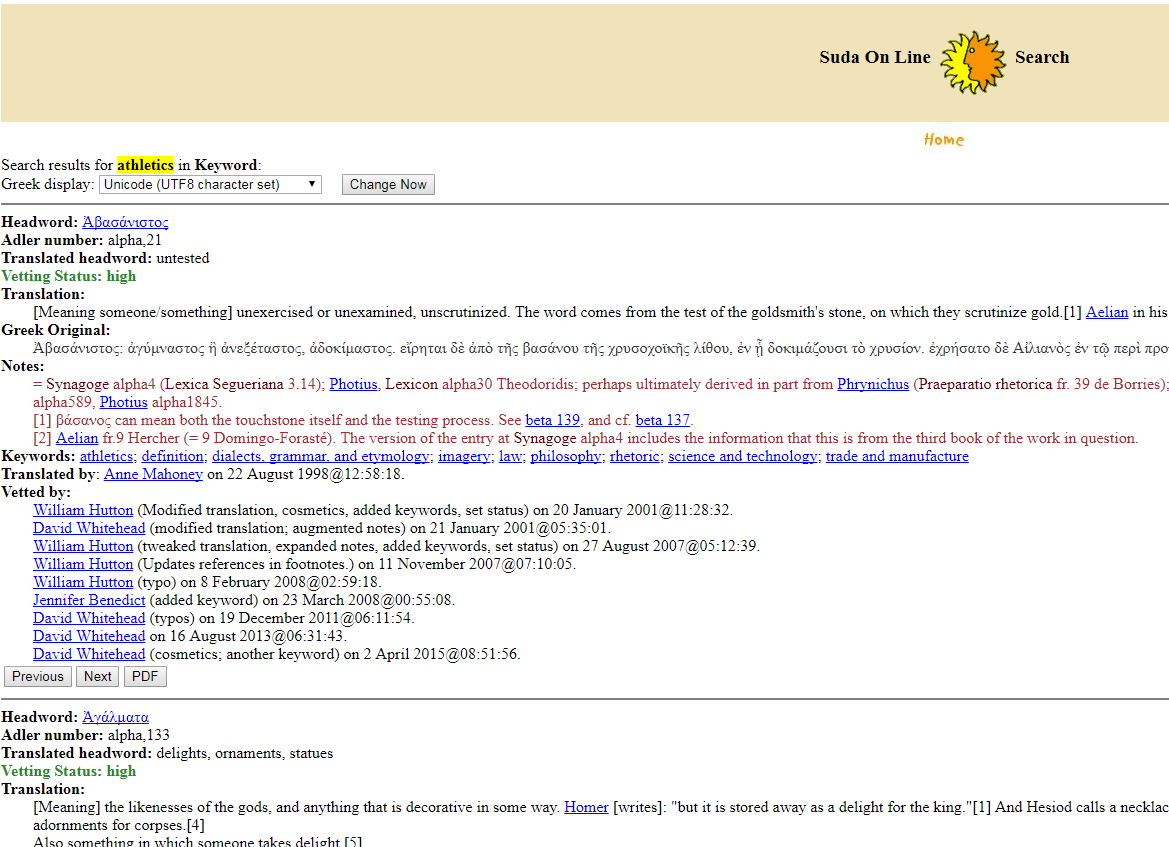
Social Edition (?)
Started as a platform for annotating rap lyrics
Expanded to an all-purpose annotation tool
Social Edition (?)
Web annotation tool
Annotate anything on-line
Plenty of pedagogical uses
Crowdsourcing
Transcription of Jeremy Bentham's MSS
Transcriptions will be freely available online and form the basis of The Collected Works of Jeremy Bentham
Volunteers transcribe and encode MSS, contributions are moderated
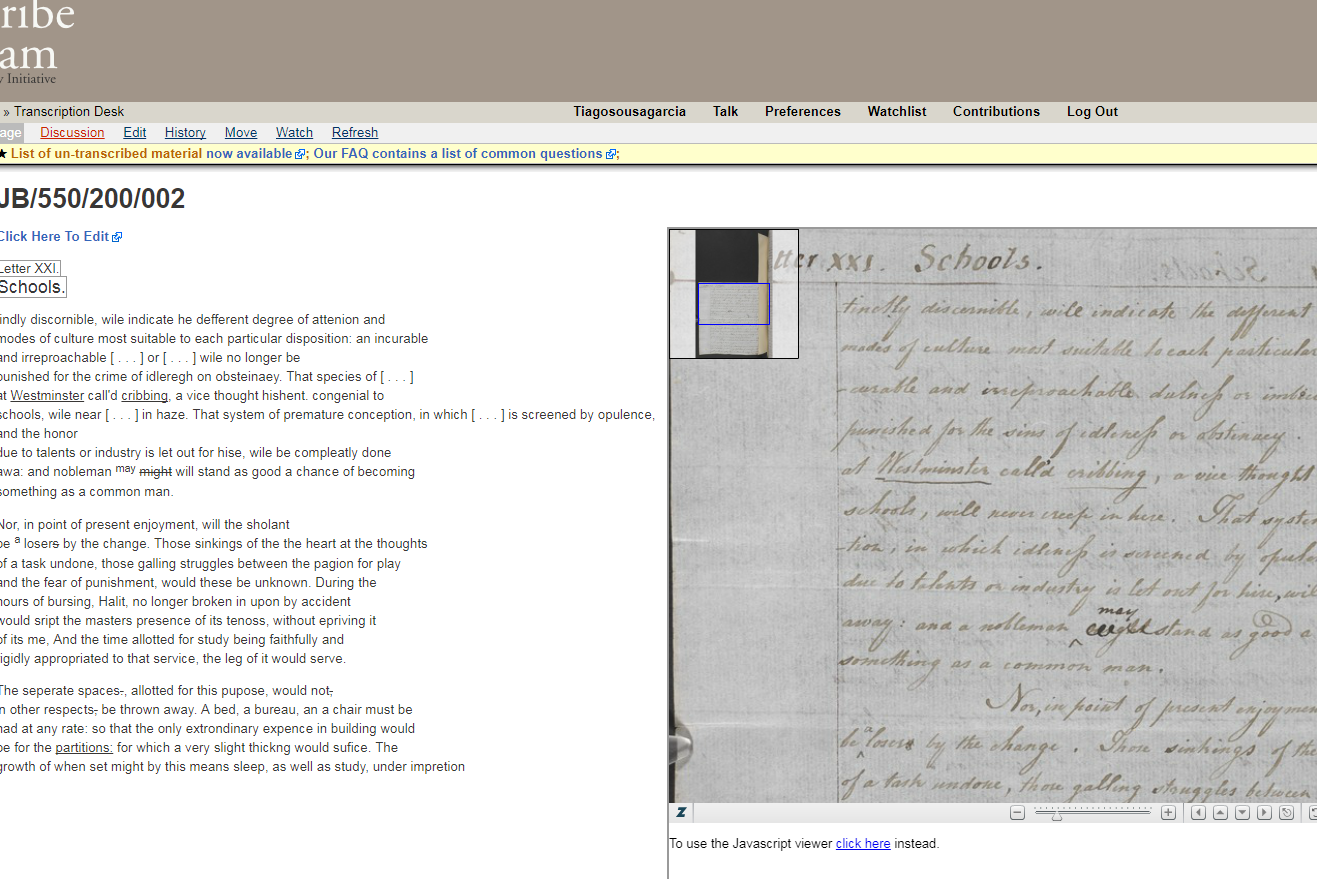
Crowdsourcing
Transcription of documents in or around Shakespeare's lifetime
Based on Zooniverse platform for crowdsourcing (or citizen science)
Volunteers transcribe lines of text, encoding is automatic
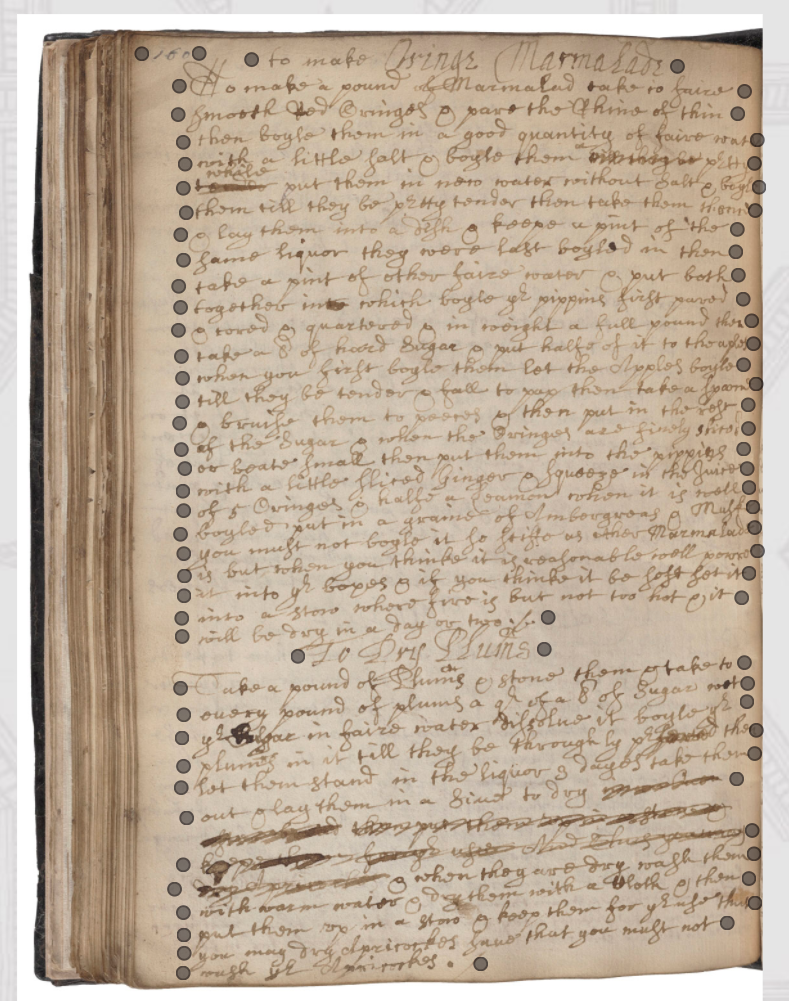
Discussion
Is a social edition an improvement over other approaches?
Are there any ethical implications with crowdsourcing?
How can we trust the scholarship of a social edition?
Do the costs of crowdsourcing outweigh the benefits?
Is SE/CS a good way of involving the community with research?
Could we use SE/CS as a pedagogical tool?
... and your questions?
Bibliography
Brown, Susan. “ Tensions and Tenets of Socialized Scholarship.” Digital Scholarship in the Humanities 31, no. 2 (June 1, 2016): 283–300
Causer, Tim, et al. “ ‘Making Such Bargain’: Transcribe Bentham and the Quality and Cost-Effectiveness of Crowdsourced Transcription.” Digital Scholarship in the Humanities.
Deines, Nathaniel, et al. “ Six Lessons Learned from Our First Crowdsourcing Project in the Digital Humanities.” The Getty Iris, February 7, 2018.
Eggert, Paul. “ The Reader-Oriented Scholarly Edition. ” Digital Scholarship in the Humanities 31, no. 4 (December 1, 2016): 797–810.
Meiman, Meg. “ Documentation for the Public: Social Editing in The Walt Whitman Archive .” Digital Scholarship in the Humanities 31, no. 4 (December 1, 2016): 819–28.
Muri, Allison, et al. “ The Grub Street Project: A Digital Social Edition of London in the Long 18th Century .” Digital Scholarship in the Humanities 31, no. 4 (December 1, 2016): 829–49.
Pierazzo, Elena. Digital Scholarly Editing: Theories, Models and Methods . Farnham: Ashgate, 2015.
Price, Kenneth M. “ The Walt Whitman Archive and the Prospects for Social Editing .” Digital Scholarship in the Humanities 31, no. 4 (December 1, 2016): 866–74.
Robinson, Peter. “ Editing Without Walls.” Literature Compass 7, no. 2 (February 2010): 57–61.
Robinson, Peter. “ Chapter 7. Social Editions, Social Editing, Social Texts .” Digital Studies/Le Champ Numérique 6, no. 0 (April 25, 2016).
Saklofske, Jon, et al. “ Gaming the Edition: Modelling Scholarly Editions through Videogame Frameworks.” Digital Literary Studies 1, no. 1.
Shillingsburg, Peter. “ Reliable Social Scholarly Editing .” Digital Scholarship in the Humanities 31, no. 4 (December 1, 2016): 890–97.
Siemens, Ray, et al. “ Toward Modeling the Social Edition: An Approach to Understanding the Electronic Scholarly Edition in the Context of New and Emerging Social Media.” Literary and Linguistic Computing 27, no. 4 (December 1, 2012): 445–61.
Social editions and crowdsourcing
By tiagosousagarcia
Social editions and crowdsourcing
ATNU Lunch Discussion, February 2018
- 1,503
